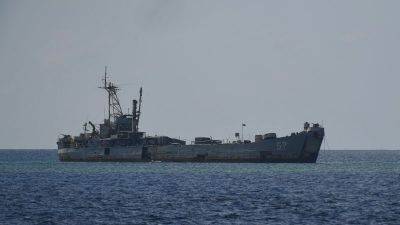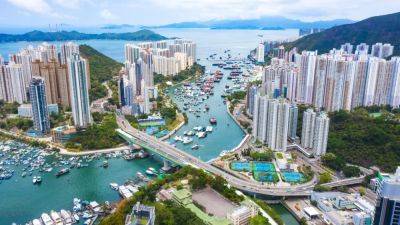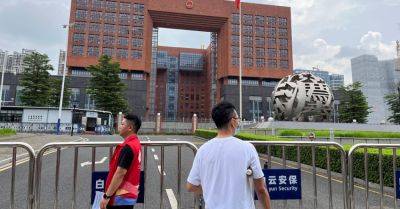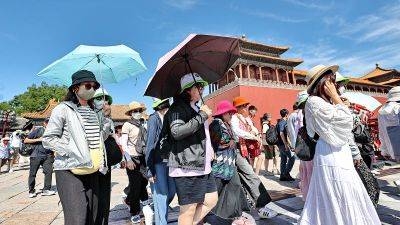Climate change must be a wake-up call for investing in our survival
Such events will no doubt grab headlines when they occur, especially if they involve the loss of human life, but the battering of ports, highways, railways and other infrastructure, not to mention planes and ships, might attract far less attention.
It’s no longer a matter of insuring against risks such as fires, floods, hurricanes and typhoons which are labelled “acts of God”. It’s about coping with man-made disasters where the costs will be infinitely greater.
It’s a matter now of forking out literally trillions of dollars to reinforce essential infrastructure – existing and planned – so that it stands a chance of withstanding the savage onslaught of climate-change-induced calamities.
But who’s going to pay these fabulous sums of money – governments (which means taxpayers), savers and lenders (which also means us) or business corporations (which means shareholders)? That, as they say, is the question.
The report, “A Governance Framework for Climate-Relevant Public Investment Management”, does not pull its punches when it comes to talking about the sums that will be required. That, at least, is a welcome development.
09:22
Central under water in 80 years? Hong Kong’s coming climate crisis
We’re primarily talking about energy, transport, water, sanitation and agricultural systems, as well as the construction sector and coastal facilities, all of which are essential to social and economic survival, and to growth.
The Asia-Pacific region faces more frequent and wider-ranging climate challenges than other areas. More than 40 per cent of global climate-related disasters have occurred in the region since the beginning of the 21st century, affecting nearly 3.6 billion people and killing almost 900,000.
Rising temperatures, increased







